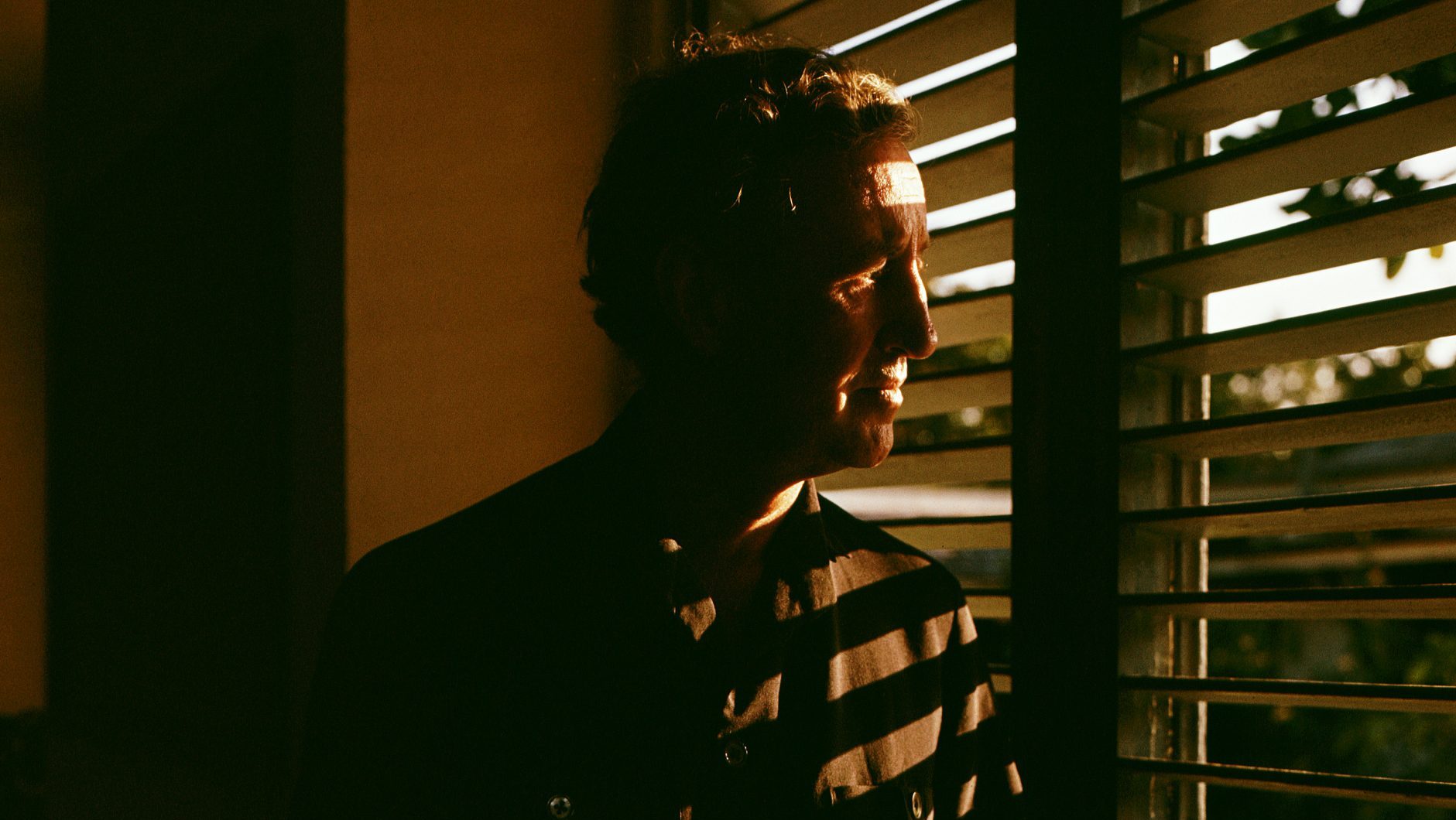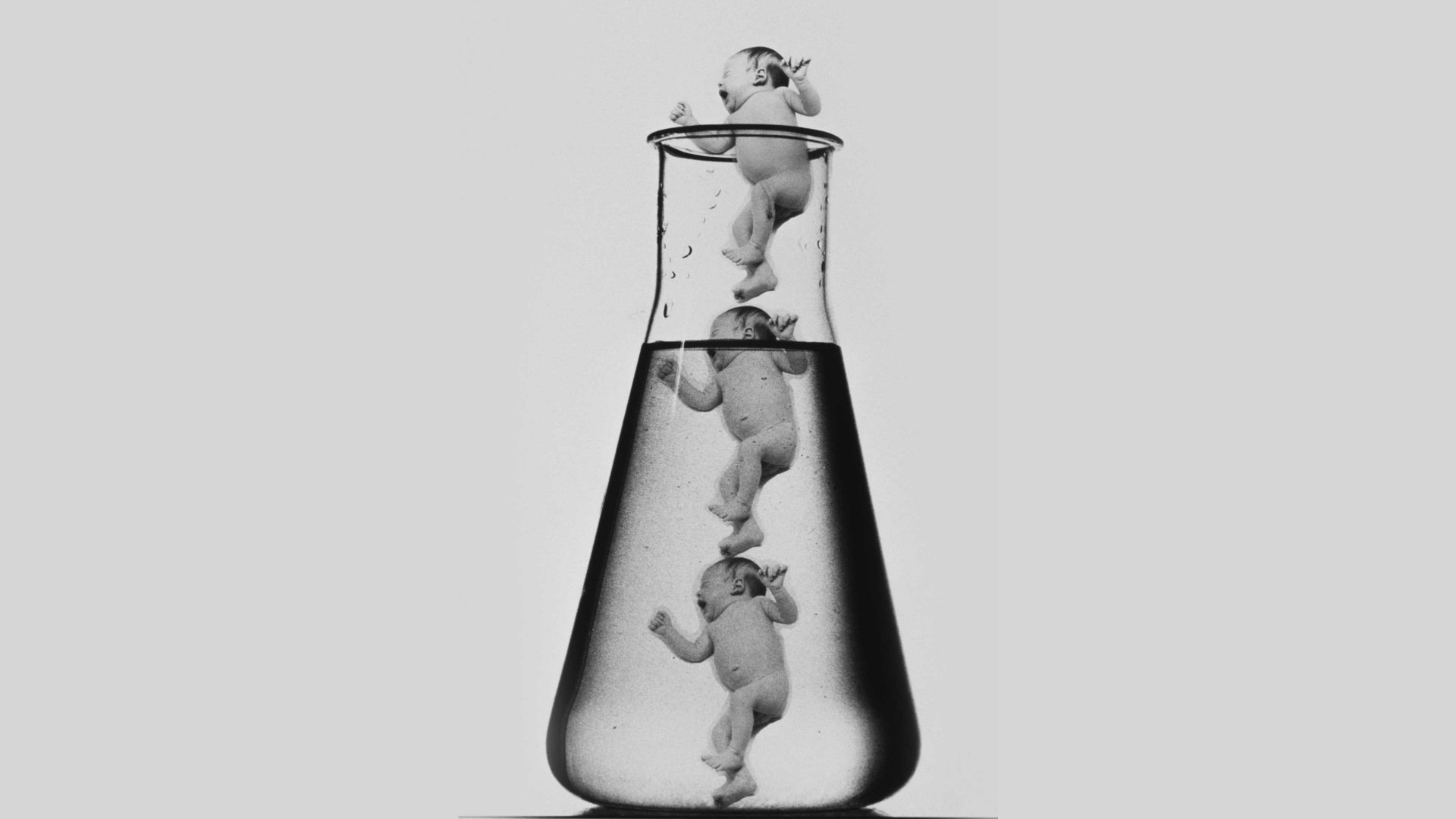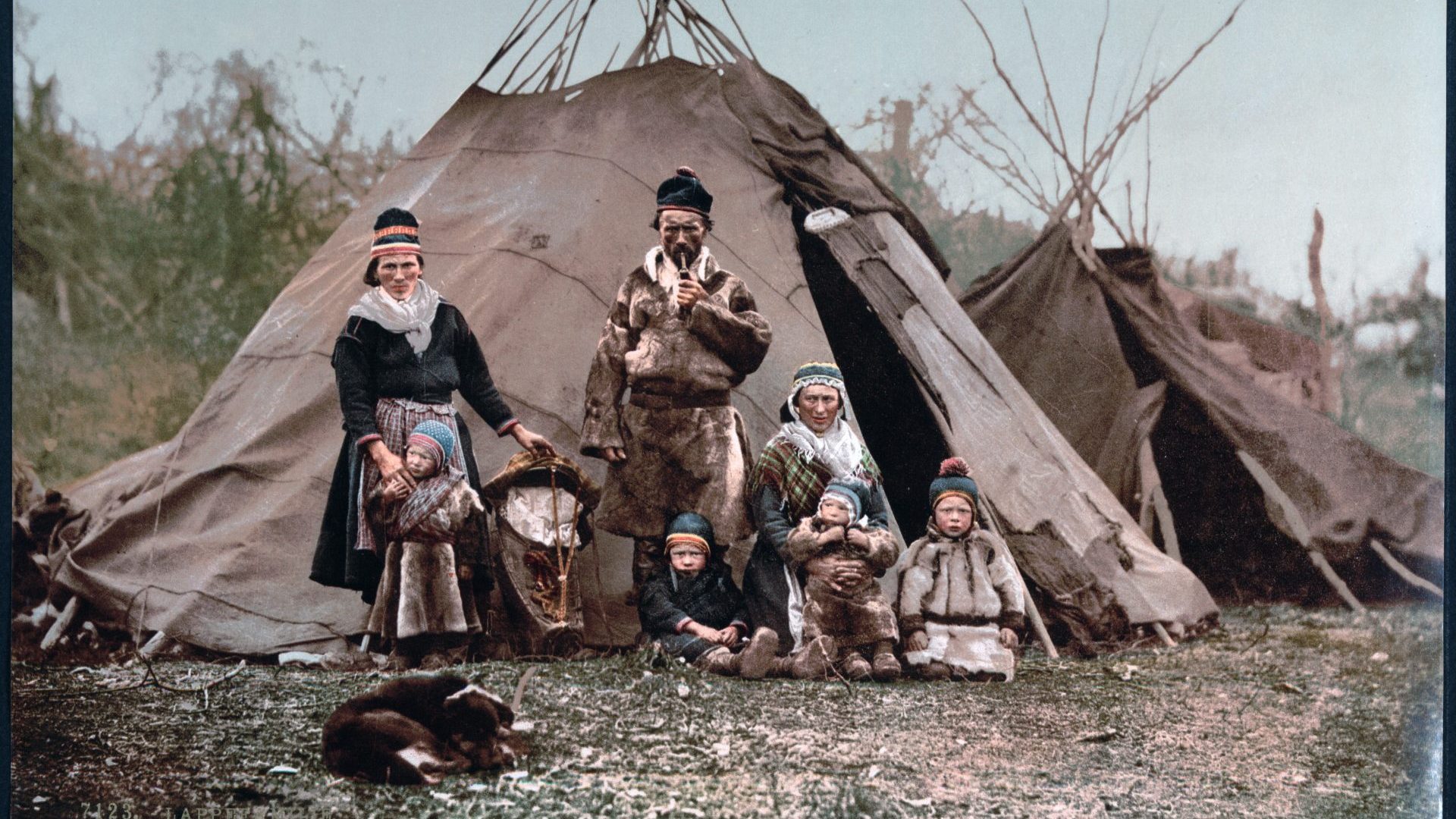Sixty years ago, in a television interview filmed just a few months before his death, Ian Fleming said: “I can’t really write about anywhere that I haven’t seen myself, and being basically a reporter by trade, I have got a good strong visual sense for background and interesting details and so on, which I try to bring into my books to make them seem more valid and truthful.”
Many of the places that inspired the novels lay in Europe, a glamorous world unknown to a good many of his readers, who in those days would not have had the opportunity or the budget to journey abroad themselves. The exotic locations, foods, wines and customs included in the novels – which were familiar to him as a much-travelled member of the wealthier classes – had a huge resonance for readers in a country still dealing with the after-effects of the second world war, and rationing was still in force when the first book, Casino Royale, appeared.
The creator of James Bond died aged 56 in Kent on August 12, 1964, a little over a month before the premiere of Goldfinger, the third feature film starring his hugely successful fictional agent. Fleming had been taken ill while staying in Sandwich at a seafront hotel that overlooked his favourite golf course, Royal St George’s, which he had used as the setting for the tense match between Bond and Auric Goldfinger in the original 1959 novel, thinly disguised as the Royal St Mark’s.
Fleming had travelled across Europe since the 1920s, so it is perhaps fitting that his final days were spent looking out at the bay where Julius Caesar first made landfall in Britain in 55BC. This was also named in the Anglo-Saxon Chronicle as the spot where Hengist and Horsa were traditionally supposed to have arrived in the 5th century, spearheading the invasion of Britain by the Angles, Saxons and Jutes.
Born in London on May 28, 1908, Ian Fleming was sent to Eton at the age of 13, where his fellow pupils included Eric Blair (George Orwell) and future Cambridge spy Guy Burgess. There was also a boy with the surname Scaramanga, who unwittingly lent his name to the villain of Fleming’s final Bond novel, The Man with the Golden Gun. Fleming was just a couple of years late to have crossed over with another Etonian called Blofeld.
Following a school career in which he excelled at athletics but less so academically, his mother thought a career in the army might be suitable. In preparation, she sent her son to a crammer, whose owner reassured her, “he ought to make an excellent soldier, provided always that the ladies don’t ruin him”.
As a further measure, Fleming then travelled to Kitzbühel in the Austrian Tyrol in 1926 to study German and French at a chalet establishment called the Tennerhof, run by a Scottish undercover member of British military intelligence, Ernan Forbes Dennis and his American wife, the novelist Phyllis Bottome.
The location made a huge impression on him, and while there, in addition to learning languages, he also learned to ski, went mountain climbing, swam in the lake, and formed romantic attachments with young women.
Having returned to Britain, after an uncomfortable year at the Royal Military Academy at Sandhurst that ended in his dismissal, Fleming then went to live in Kitzbühel for a longer period, and as he later said: “I have been back to the Tyrol countless times since those early days and I am confirmed in the opinion that they are my favourite people in the world.”
At the end of his 1963 novel On Her Majesty’s Secret Service, although set in the Swiss Alps, Bond and his new bride, Tracy, drive across the border on 007’s suggestion: “I thought we might spend the honeymoon in Kitzbühel. I love that place.” It proves an ill-fated trip.
In addition to his time in Austria, Fleming also went to Munich for a short while to study German, and by 1929 felt confident enough to apply, albeit unsuccessfully, for the task of translating Erich Maria Remarque’s newly published novel Im Westen nichts Neues (All Quiet on the Western Front). Later that year he relocated to Switzerland to improve his French, displaying an interest in multiple languages in the days when others of his class prided themselves on not speaking a word of anything other than English.
He lived in Geneva for two years, and worked briefly as a research assistant at the League of Nations Secretariat in the Intellectual Cooperation and International Bureaux Section. Thirty years later, he put a little of this to use as background for the novel Goldfinger when the action reaches Geneva:
“Bond motored across the beautiful Pont de Mont Blanc and along the brightly lit quai to the Bavaria, a modest Alsatian brasserie that had been the rendezvous of the great in the days of the League of Nations.”
Fleming’s language studies had been intended as preparation for a career in the diplomatic service, but when he was not accepted, he took a job working for the Reuters press agency, which involved him in a fair amount of European travel, as he explained to presenter Roy Plomley on the radio programme Desert Island Discs in 1963:
“So I joined Reuters, which was the nearest thing to the diplomatic in a way, because I could use my languages; German and French and Russian, and I had a wonderful time at Reuters. I was a correspondent in Moscow and Berlin and all over the place.”
In 1952 when Fleming began writing the Bond books it was the early days of the cold war, just one year after his old Eton contemporary Guy Burgess defected to Moscow, having spied for Russia since 1934. Consequently, 007’s adversaries in the novels are frequently agents of the Soviet Union.
Fleming had studied Russian in Kitzbühel and in Munich, but then saw the totalitarian face of Stalin’s Russia at first hand in 1933 when sent there by Reuters. He spent weeks in Moscow reporting on the trial of a group of British engineers who had been falsely accused of sabotage, at which the chief prosecutor was Andrey Vyshinsky, who presided over some of the most notorious show trials of the decade.
Fleming requested an interview with Stalin, receiving a letter of refusal from the man himself by return. That same year also involved several trips to Germany reporting for Reuters on Hitler’s ultimately successful election campaign.
All this was valuable experience, but what really underpinned the Bond novels was Fleming’s key role in naval intelligence during the second world war, in which he was at the heart of many operations so secret that their precise history is still difficult to determine eight decades later. Considered too valuable to be risked on missions himself, he had more in common with the figure of M in the Bond novels than an agent like 007.
One incident from the early days of his work with naval intelligence helped to spark the plot of his first Bond novel, Casino Royale, which, although set in a fictional French town, had its roots in Portugal. Fleming and his boss were in neutral Lisbon in 1941, and were told that German spies liked to gamble at a casino 25km along the coast in Estoril, as he later recalled:
“It crossed my mind to have a bash at the Germans who were sitting around, and see if I couldn’t reduce their secret service funds. Unfortunately I sat down and after three bancos my travel money had completely disappeared. Now that, greatly exaggerated, was the kernel of James Bond’s great gamble against Le Chiffre in which he took Le Chiffre to the cleaners.”
The successful wartime quest to capture one of the latest Enigma coding machines used by the German navy to send encrypted signals, in which Fleming played a key part, provided a plot device for one of the best Bond novels, From Russia with Love, whereby Soviet intelligence concocts a plan to lure 007 to Istanbul with the promise of obtaining a cypher machine from a Russian clerk named Tatiana Romanova, who wishes to defect. Fleming himself had gone to Istanbul in 1955 to report on an Interpol conference for the Sunday Times, returning across the continent on the Orient Express, which he then used as the route for Bond and Tatiana to travel from Turkey to western Europe.
It was also the Sunday Times that bankrolled Fleming’s journeys in 1959 and 1960 for a series of fine travel articles, which appeared in book form in 1963 under the title Thrilling Cities. The first section covered more far-flung destinations such as Hong Kong and Tokyo – the latter providing useful background when he wrote You Only Live Twice – but the second involved him driving around Europe, stopping off at Hamburg, Berlin, Vienna, Geneva, Naples and Monte Carlo, giving advice on their respective histories, noteworthy sights and entertainments, while also recommending hotels and restaurants that met with his approval.
In Hamburg, he detailed the various pleasures of the Reeperbahn red-light district, some of which would have been illegal back in Britain: “How very different from the prudish and hypocritical manner in which we so disgracefully mismanage these things in England!”
Visiting Naples, he interviewed exiled American mob boss Charles “Lucky” Luciano – “a neat, quiet, grey-haired man with a tired, good-looking face” – and, when revisiting his old haunts in Geneva, his friend Noël Coward arranged for him to have dinner with a long-time Swiss resident, Charlie Chaplin, “who practically never goes to films and does not own a television”.
In August 1963, in poor health, Fleming was back once more in Switzerland making his final journey to Europe. He was there to interview the great crime writer Georges Simenon for the Sunday Times, but afterwards continued on to Austria to visit the place that held so many memories for him, Kitzbühel.
This time he went up the Kitzbüheler Horn by ski-lift because he was too ill to climb. On returning to the foot of the mountain, he said to his companion: “Well that is the last walk I’ll ever, ever do.”
Writer and musician Max Décharné is the author of Teddy Boys: Post-War Britain and the First Youth Revolution (Profile) and King’s Road: The Rise and Fall of the Hippest Street in the World (Omnibus)



